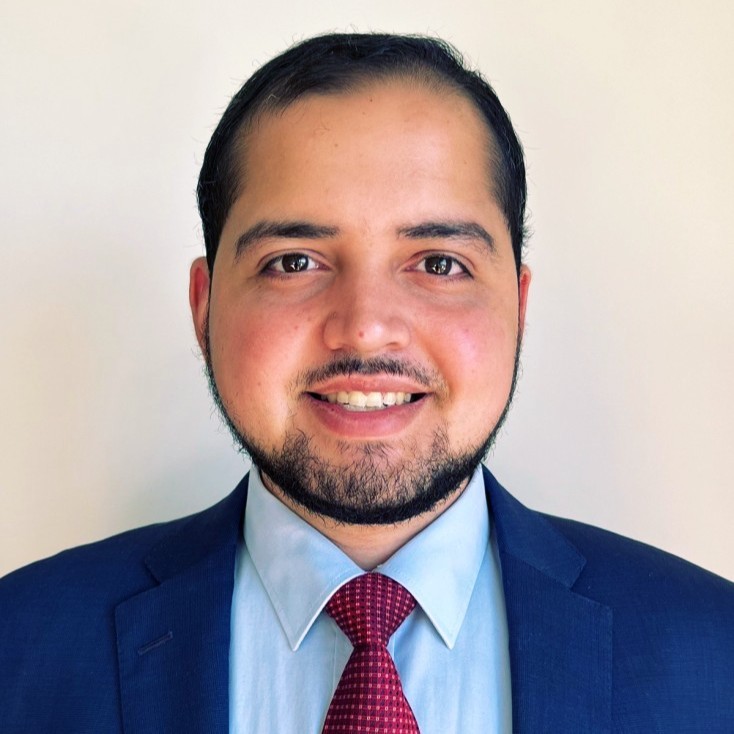Paying down student loans as soon as possible after graduation may sound like a great idea, but it’s likely not the right financial move
You’ve made it through years of med school, survived sleepless nights, clinicals, and probably sacrificed more than most people can understand. Now that you’re finally earning, you feel the pressure to get your financial house in order. And for many, that instinct starts with one big goal: wipe out student debt.
But here’s the truth: if your loan interest rate is under 7.5%, aggressively paying it off might not be your smartest move. In fact, it could be a major financial misstep.

Do the Math Before You Make a Move
There’s a big difference between being responsible and being strategic. Before you throw every spare dollar at your loans, ask yourself one question:
“What could this money be earning instead?”
Let’s look at the numbers:
The S&P 500 index, a major benchmark of the U.S. stock market, has delivered the following compounded annual growth rates (CAGRs)1:
- 10.6% over the last year
- 10.3% over the last 3 years
- 14.5% over the last 5 years
- 10.2% over the last 10 years
That means if your loan is costing you 5% of interest per year over the last year you would have had a net return of 5.6% (10.6% return-5% of interest) on all the money you invested in the S&P 500 instead of paying off the non-mandatory principal on your loan. Over years, those losses (or the lack of gains, if you would) compound into significant wealth lost, unnecessarily. It is better to let the money grow, then pay off the loan later with investment gains— and have wealth left over.
It’s not about ignoring debt. It’s about opportunity cost.
Being Debt-Free Sounds Good—But It’s Not Always Smart
Many young professionals fixate on being “debt-free” as a symbol of success. But that’s a mindset rooted in fear, not in financial literacy. In truth, some of the most financially successful people— entrepreneurs, investors—carry significant amounts of debt strategically. Why? Because they understand that by using debt and leverage to finance investments with high potential they can get significantly higher returns on their investments while only assuming a manageable, calculated risk.
Given that most physicians and doctors will likely have stable, growing, high incomes and long earning horizons, student debt is more than manageable—and leveraging it can be wealth-building. Young doctors should focus on being invested in the stock market and in the high-growing Private Equity and Private Credit markets as soon as they can, enjoy the compounding returns and pay off debt with the proceeds from those investments.
Play Offense with Your Finances

As a doctor, you’re used to solving complex problems, staying calm under pressure, and thinking long-term for your patients. Apply that same mindset to your finances.
Instead of just trying to eliminate debt, ask:
- What’s the smartest use of my next dollar?
- Am I growing wealth, or just reducing liability?
- Am I optimizing my investments for high long-term returns—or just playing it safe?
Work with a Team Who Gets It, and Gets You
At Handal Dunaway, we understand that for doctors, dedicating enough time to finding and managing investments on top of the time you dedicate to patients, paperwork and family obligations can be overwhelming—and we are here to help. Our team specializes in working with physicians and doctors in the US and across the world, helping them build wealth through personalized investment strategies adapted to the particular needs of every client. We take the time to understand doctors and their unique needs, and work with them throughout their financial journeys.
You’re already doing one of the hardest jobs in the world. We’re here to help you achieve the long-term financial success you’ve worked so hard for.
Note: 1. Source: Investopedia, as of May 16, 2025.







